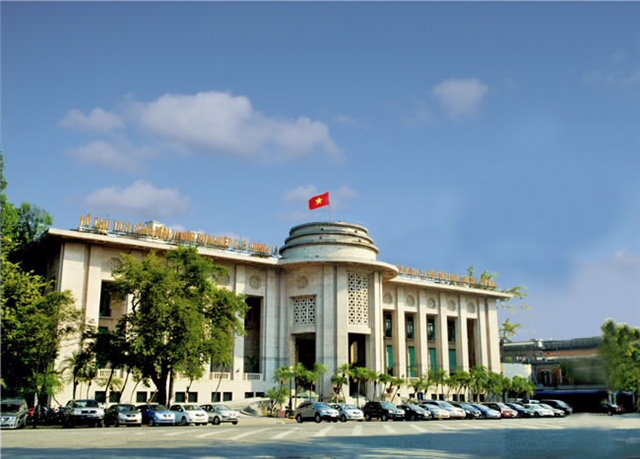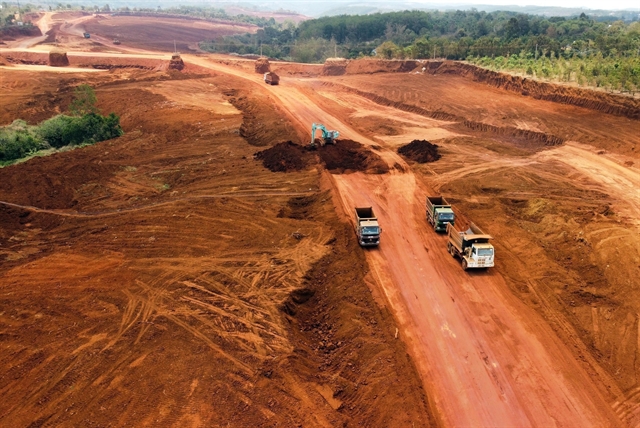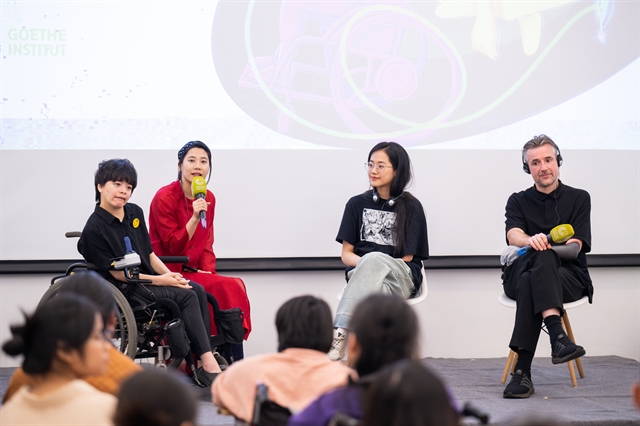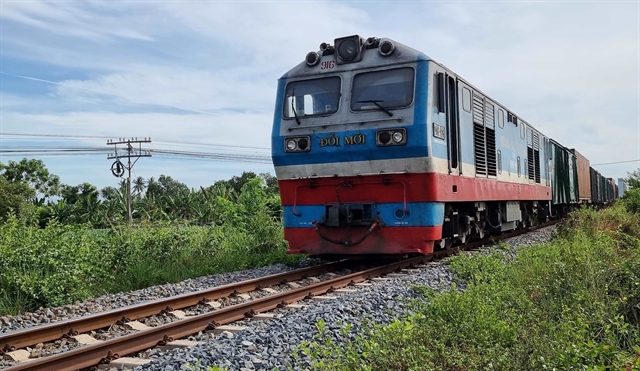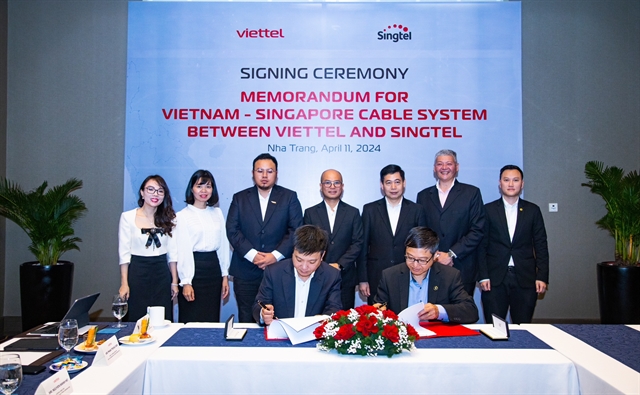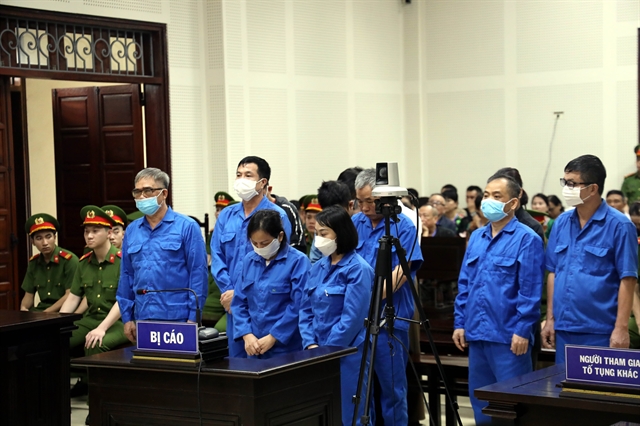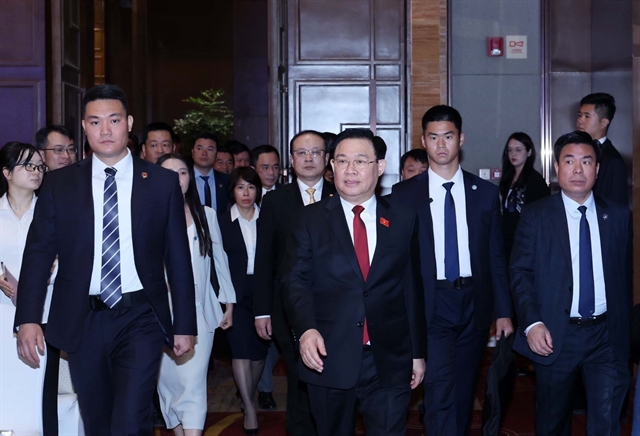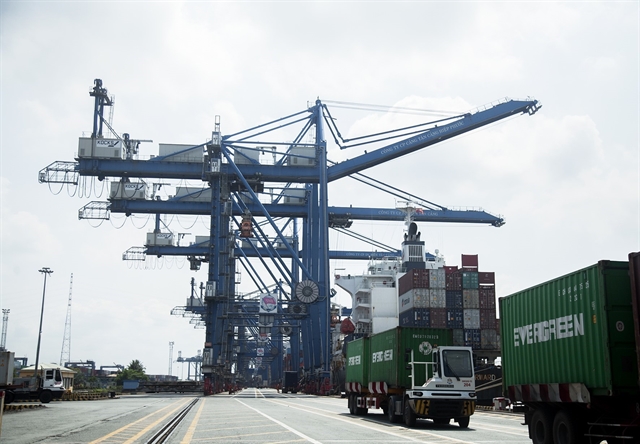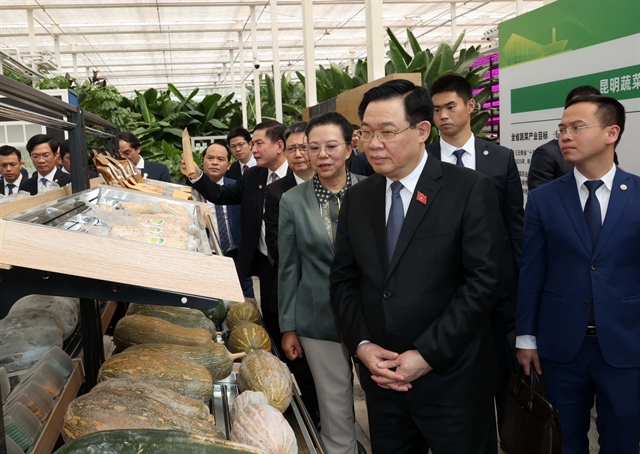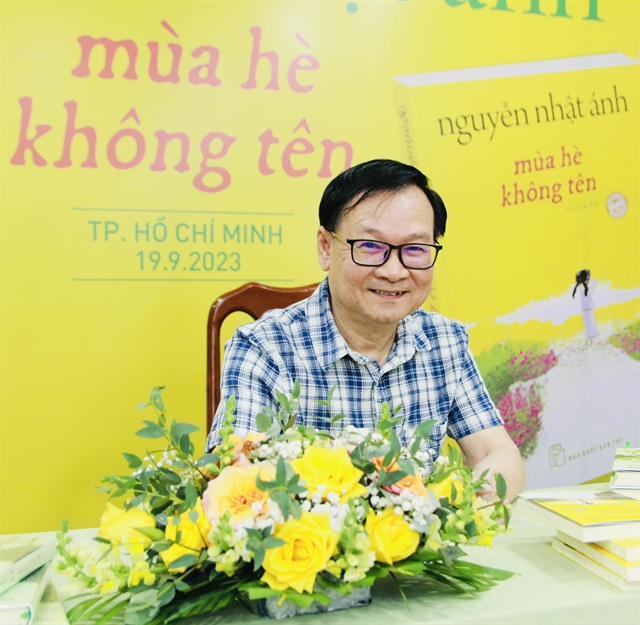 Life & Style
Life & Style

The celebration of the Kingdom of Morocco’s National Day marks the date of the accession of His Majesty King Mohammed VI on July 30, 1999 to the throne of the Alaouite Monarchy. As Morocco celebrates the 19th year of his reign, Azzeddine Farhane, Ambassador of His Majesty of the King of Morocco to Việt Nam, sends a message to Việt Nam News readers.
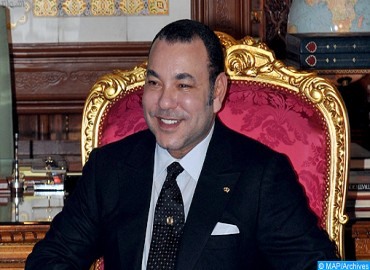 |
| His Majesty King Mohammed VI has made continuous reforms to Morocco’s political, economic and social fields to ensure the prosperity and welfare of Moroccan citizens. — Photo courtesy of the embassy |
The celebration of the Kingdom of Morocco’s National Day marks the date of the accession of His Majesty King Mohammed VI on July 30, 1999 to the throne of the Alaouite Monarchy. As Morocco celebrates the 19th year of his reign, Azzeddine Farhane, Ambassador of His Majesty of the King of Morocco to Việt Nam, sends a message to Việt Nam News readers.
It is a celebration anchored in the common history of the people and the Kings of Morocco, and represents a solemn occasion to renew the links of the unwavering loyalty of the Moroccan people to the Alaouite dynasty.
This year, the celebration of the reign is highlighted by an ongoing process, under his leadership and guidance, of continuous reforms and restructuring of Morocco’s political, economic and social fields to ensure the prosperity and welfare of Moroccan citizens.
Political reforms
Since his enthronement, the sovereign has carried out an ambitious agenda of reforms which embodies the royal approach, always in touch with the people’s aspirations and concerned with their well-being, hence His Majesty King Mohammed VI’s important political and constitutional reforms, which have consolidated the foundations of Morocco’s political system.
Among the hallmark achievements engaged under the leadership of His Majesty are the adoption of a new Constitution in 2011, which constitutionalised the commitment of the Kingdom to the principles, rights and obligations encoded in their respective charts and international conventions, and its firm attachment to human rights as they are universally recognised.
Morocco is also engaged in the implementation of a new advanced regionalisation process, which has been enshrined by the 2011 Constitution, and consecrated the Kingdom’s reformist path by enhancing responsibilities for local and regional governments, and clearing support for the multi-cultural and multi-religious character of Moroccan society.
Sustainable economic development
The Kingdom has undergone an incredible transformation after years of continuous efforts and investments to modernise and expand its infrastructure, and upgrade roads, ports and airports to support its intentions of becoming a commercial crossroads between Africa and the world. The Kingdom is now an attractive destination for foreign investors, that have shown a great capacity to sidestep global financial and economic turbulences.
Under the leadership of His Majesty, the Kingdom is developing. In each part of the country, large-scale projects are being used to balance the country’s infrastructure, secure jobs and redistribute innovative economic activities. Thanks to this sustained economic momentum given by His Majesty the King to the national economy, Morocco has more than doubled its GDP over the past 19 years.
Today, Morocco’s economic dynamic has been fueled, on both economic and institutional fronts, by the acceleration of investment in infrastructure and the realisation of major structuring projects. Morocco’s economic growth reached 4.1 per cent in 2017, thanks to His Majesty’s vision, and extended far beyond the current structure of trade balance, labour market, and education system, seeking to make Morocco an emerging, strong economic power.
The Kingdom boasts a favourable business climate on the African continent and in the MENA region. The World Bank’s latest “Doing Business 2017” report on the business climate ranks Morocco first in North Africa and third among countries in the Middle East.
Morocco’s Africa Policy
His Majesty King Mohammed VI placed Morocco’s diplomatic action within the framework of undeniable values and bounding ethics. The Kingdom upholds universal values of freedom, international law, protection of populations, peacekeeping and the search for better co-existence and co-operation between peoples, civilisations, religions and cultures.
Following this vision, Morocco has contributed decisively to the efforts deployed by international bodies to end institutionalised violence in many part of Africa, and to promote peace and development throughout the continent via a multi-dimensional policy based on forging proactive partnerships.
This Royal vision was crowned by the return of the Kingdom in 2017 to the African Union, and the effective launch of the implementation of the next phase of the Regional Gas Pipeline strategic project, connecting gas resources from Nigeria to West African countries and Morocco.
The Kingdom’s openness toward new partnerships, mainly with ASEAN countries, was reflected through the accession of Morocco to the Treaty of Amity and Co-operation with ASEAN, and the recent signing of an MoU with the Mekong River Commission. Within the same vein, the Kingdom has submitted its action plan to obtain the Status of Sectoral Dialogue Partner with ASEAN in order to forge a long-lasting win-win partnership, based on enhancing south-south co-operation with Southeast Asian countries.
Under the wise leadership of His Majesty the King, Morocco looks to build a prosperous future, honouring the legacy of the Kingdom’s rich history, and making the Kingdom a crossroads of modernity and authenticity, within its commitment to contribute substantially to peace, security and development. — VNS

